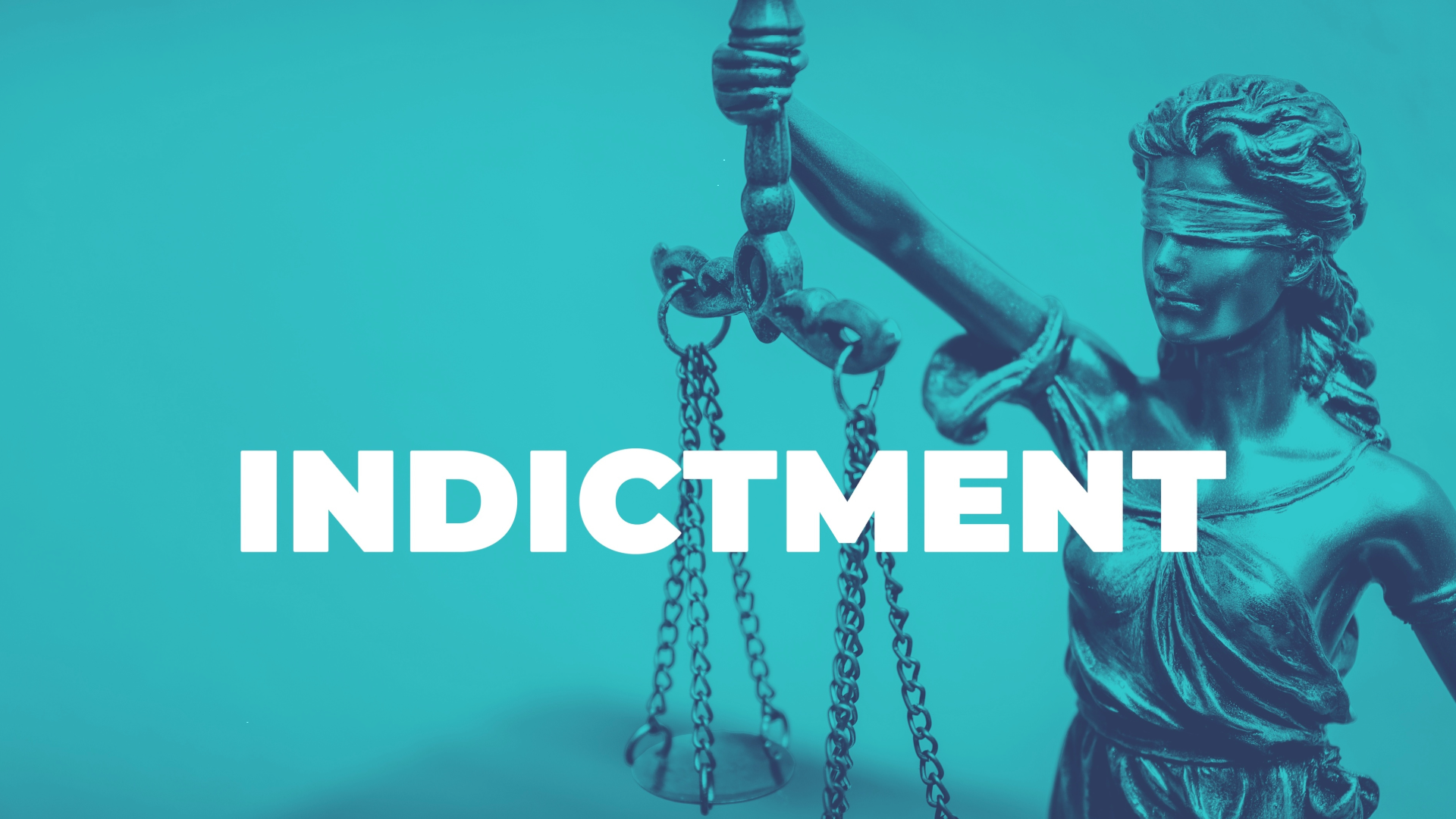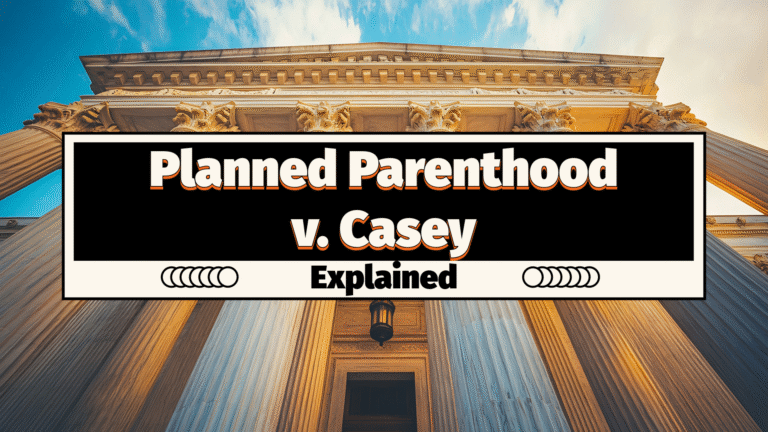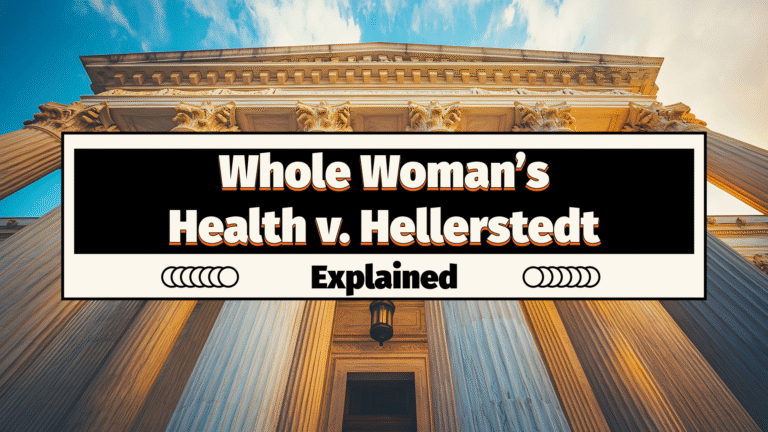What Is an Indictment? A Complete Legal Explainer
TL;DR
- An indictment is a formal written accusation that a person has committed a crime, typically issued by a grand jury.
- It is not a conviction—it begins the criminal trial process.
- Used mainly in serious (felony) cases, especially at the federal level in the U.S.
- Ensure that charges have probable cause before trial.
- They protect defendants from arbitrary government prosecution.
What It Is
An indictment is a formal legal document accusing someone of a crime, issued by a grand jury after reviewing evidence presented by a prosecutor. It serves as the official start of criminal proceedings in felony cases. The term comes from the Latin ‘indictare,’ meaning ‘to declare or accuse.’
Why It Matters
Indictments are a key safeguard in the justice system. They ensure that citizens, not just prosecutors, determine whether enough evidence exists to bring someone to trial. This helps prevent misuse of prosecutorial power and protects due process rights.
How It Works / Key Concepts
- Grand Jury: A group of 16–23 citizens who review evidence in secret to determine probable cause.
- Probable Cause: A reasonable belief that a crime was committed and the accused likely committed it.
- True Bill: If the grand jury finds probable cause, it returns a “true bill”—an indictment.
- No Bill: If the grand jury finds insufficient evidence, it issues a “no bill,” and no charges proceed.
- Arraignment: After indictment, the defendant is formally charged and enters a plea in court.
Examples / Use Cases
- Federal Indictments: Used for crimes such as fraud, drug trafficking, or public corruption.
- State Indictments: In some states, indictments are required for serious felonies before trial.
- Sealed Indictments: Kept confidential until the defendant is arrested to prevent flight or tampering.
Limitations and Risks
- Grand jury proceedings are secret and one-sided; defendants cannot present their case.
- Indictments can be based on hearsay or limited evidence.
- Being indicted can damage reputations even if later acquitted.
FAQ
- Does an indictment mean I’m guilty? No. It only means a grand jury found probable cause, not guilt.
- Can charges be dropped after an indictment? Yes, prosecutors can drop charges if new evidence arises or via plea deals.
- What happens after indictment? The defendant is arraigned, pleads, and the case proceeds to discovery and trial.
- How long after indictment is trial? The Speedy Trial Act (1974) requires trial within 70 days in federal cases.
Sources
- Wikipedia: Indictment
- Cornell Law School: Indictment Definition
- Merriam-Webster Dictionary: Indictment
- Bill Connor Law: What Happens When You’re Formally Accused







